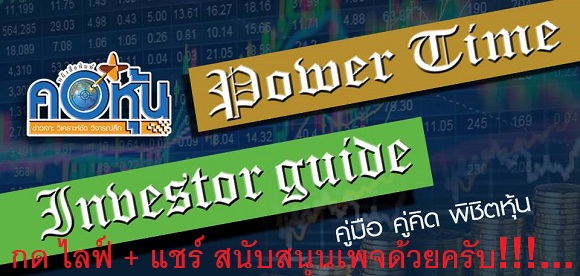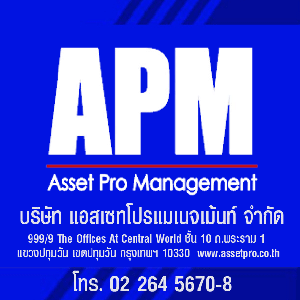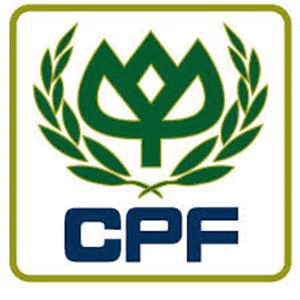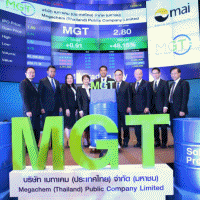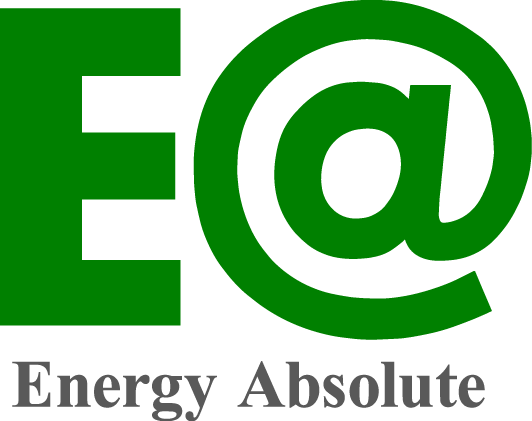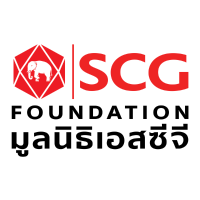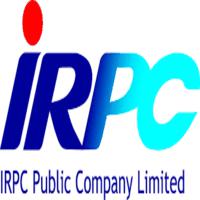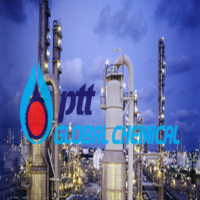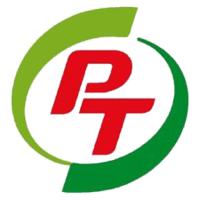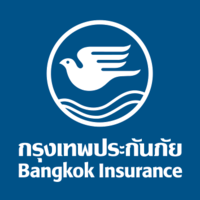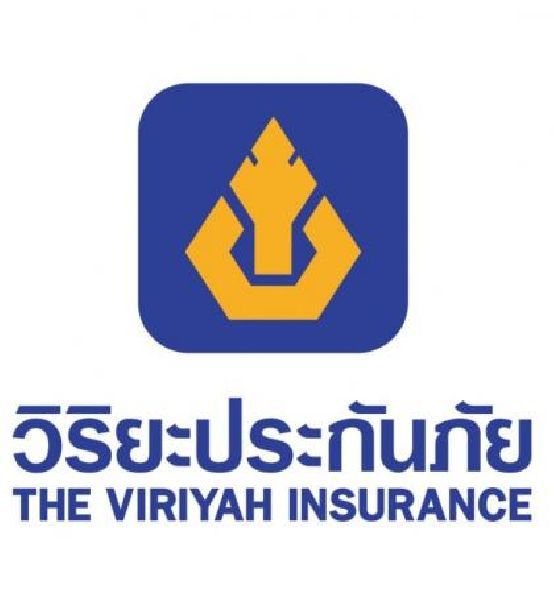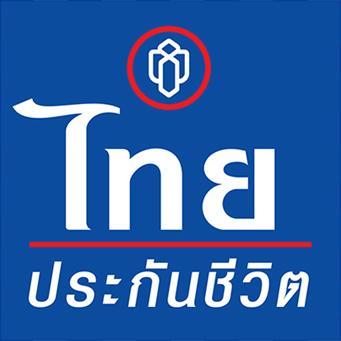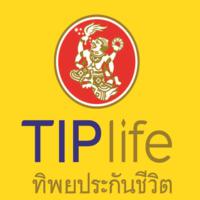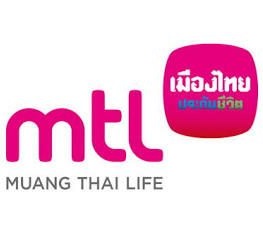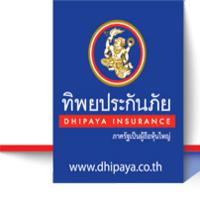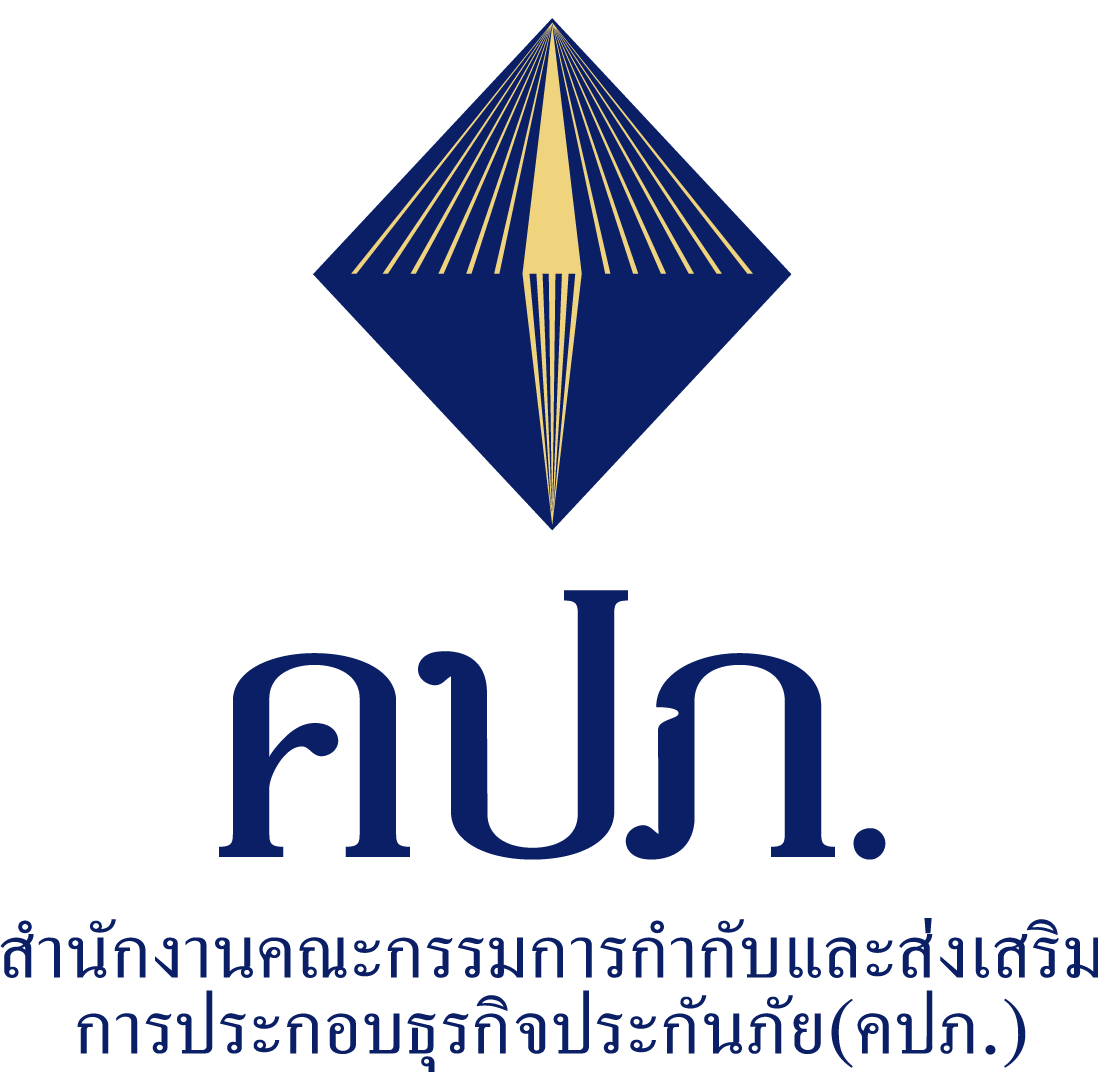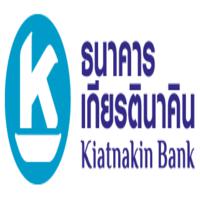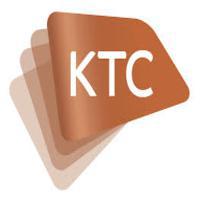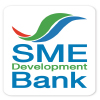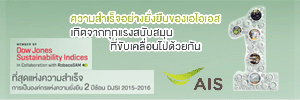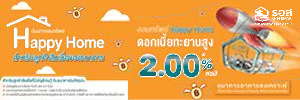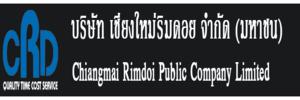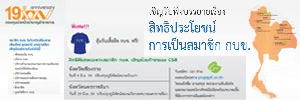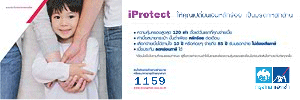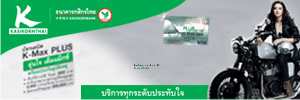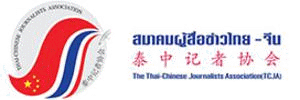เรทติ้งส์ – กรุงเทพฯ – 30 กรกฎาคม 2563: ประกาศคงอันดับเครดิตภายในประเทศ (National Rating) ระยะยาวของบริษัท ปูนซิเมนต์ไทย จำกัด (มหาชน) หรือ SCC ที่ ‘A+(tha)’ แนวโน้มอันดับเครดิตเป็นลบ และคงอันดับเครดิตภายในประเทศของหุ้นกู้ไม่มีประกันและไม่ด้อยสิทธิของบริษัทฯ ที่ ‘A+(tha)’ และอันดับเครดิตภายในประเทศระยะสั้น (National Short-term Rating) ที่ ‘F1(tha)’
ในขณะเดียวกัน ฟิทช์ประกาศจัดอันดับเครดิตภายในประเทศระยะยาว (National Long Term Rating) หุ้นกู้ไม่มีประกันและไม่ด้อยสิทธิของ SCC ชุดที่ 2/2563 ที่กำลังจะออกเสนอขาย มูลค่าไม่เกิน 2.5 หมื่นล้านบาท –ครบกำหนดไถ่ถอนปี พ.ศ. 2567 – ที่ระดับ ‘A+(tha)’ เงินที่ได้จากการออกหุ้นกู้ครั้งนี้จะนำไปใช้สำหรับชำระคืนหุ้นกู้ที่ครบกำหนดในเดือนพฤศจิกายน 2563 หุ้นกู้ดังกล่าวได้รับการจัดอันดับเครดิตในระดับเดียวกันกับอันดับเครดิตภายในประเทศระยะยาวของ SCC เนื่องจากหุ้นกู้ดังกล่าวมีสถานะเท่าเทียมกับหนี้ไม่มีหลักประกัน และไม่ด้อยสิทธิของ SCC โดย SCC มีจำนวนหนี้สินที่มีหลักประกันและหนี้ที่มีลำดับสิทธิสูงกว่าอยู่ในระดับที่จำกัด
อันดับเครดิตสะท้อนถึงสถานะทางธุรกิจที่แข็งแกร่งของ SCC ด้วยความเป็นผู้นำตลาดในกลุ่มธุรกิจหลักทั้งสามธุรกิจของบริษัทฯ ซึ่งได้แก่ ธุรกิจซีเมนต์และผลิตภัณฑ์ก่อสร้าง ธุรกิจเคมิคอลส์ และธุรกิจแพคเกจจิ้ง – รวมถึงการกระจายความเสี่ยงที่ดีของกระแสเงินสด ฟิทช์คาดว่าความหลากหลายทางธุรกิจของ SCC จะช่วยลดทอนผลกระทบทางเศรษฐกิจที่เกิดจากการแพร่ระบาดของเชื้อไวรัสโคโรนาที่มีต่อผลประกอบการของบริษัทฯ ในช่วงปี 2563-2564 ดังนั้นฟิทช์จึงมีการพิจารณาปรับปัจจัยที่อาจมีผลกับอันดับเครดิตในอนาคตของ SCC เพื่อให้สะท้อนถึงการกระจายความเสี่ยงและสถานะทางการตลาดของบริษัทฯ ได้ดีขึ้นเมื่อเปรียบเทียบกับบริษัทอื่นที่ฟิทช์จัดอันดับเครดิต แนวโน้มอันดับเครดิตเป็นลบ สะท้อนถึงความเสี่ยงที่ SCC อาจไม่สามารถปรับลดอัตราส่วนหนี้สินให้ลงมาอยู่ในระดับต่ำกว่า 3.5 เท่าได้ในสองปีข้างหน้า เนื่องจากค่าใช้จ่ายลงทุนที่สูงในช่วงปี 2563-2565 ท่ามกลางภาวะเศรษฐกิจตกต่ำ
SCC มีแผนการเพิ่มทุนของบริษัทเอสซีจี แพคเกจจิ้ง จำกัด (มหาชน) หรือ SCGP ผ่านการเสนอขายหุ้นสามัญให้แก่ประชาชนทั่วไปเป็นครั้งแรก (IPO) โดย filing ของ SCGP ได้รับอนุมัติจากสำนักงาน ก.ล.ต. แล้วเมื่อเดือนพฤษภาคม 2563 เงินที่ได้รับจาก IPO น่าจะช่วยลดอัตราส่วนหนี้สินของบริษัทฯ ให้กลับมาอยู่ในระดับที่สอดคล้องกับอันดับเครดิตที่ ‘A+(tha)’ ได้ อย่างไรก็ตาม การระดมทุนผ่าน IPO ในภาวะตลาดปัจจุบันยังคงมีความเสี่ยงสูงว่าจะสามารถดำเนินการได้ตามแผนหรือไม่ จำนวนเงินที่ได้รับจาก IPO และการใช้จ่ายลงทุนนอกเหนือจากแผนการลงทุนที่มีภาระผูกพัน (Committed Capex) จะเป็นปัจจัยที่กำหนดอัตราการลดลงของอัตราส่วนหนี้สินของบริษัทฯ
ปัจจัยที่มีผลต่ออันดับเครดิต
ผลกระทบจากเชื้อไวรัสโคโรนาอยู่ในระดับที่บริหารจัดการได้ – ฟิทช์คาดว่า SCC จะยังคงสามารถสร้างกำไรจากการดำเนินงานก่อนดอกเบี้ยจ่าย ภาษี ค่าเสื่อมราคา และค่าตัดจำหน่าย (EBITDA) ได้ค่อนข้างคงทีในระดับ 5.4 - 5.5 หมื่นล้านบาท ในปี 2563 ถึงแม้ว่ารายได้น่าจะหดตัวลงประมาณร้อยละ 10 เนื่องจากความสามารถของ SCC ในการเพิ่มอัตราส่วน EBITDA ต่อรายได้ (EBITDA margin) ให้สูงขึ้นจากส่วนต่างของราคาผลิตภัณฑ์กับวัตถุดิบ (spread) ของผลิตภัณฑ์ปิโตรเคมีที่น่าจะดีขึ้นจากราคาน้ำมันที่อ่อนตัวลง การลดลงของต้นทุนพลังงาน รวมถึงความพยายามของ SCC ในการลดต้นทุนและเพิ่มสัดส่วนของผลิตภัณฑ์ที่สร้างมูลค่าเพิ่ม (high-value-added หรือ HVA) ในปี 2563 EBITDA จากธุรกิจธุรกิจแพคเกจจิ้งก็น่าจะเพิ่มขึ้นในปี 2563 เนื่องจากมีการรับรู้ผลการดำเนินการเต็มปีของ PT Fajar Surya Wisesa Tbk บริษัทผู้ผลิตกระดาษบรรจุภัณฑ์ในประเทศอินโดนีเซียที่เพิ่งเข้าซื้อกิจการมาในปี 2562
นอกจากนี้ ความต้องการการนำเข้าเม็ดพลาสติกในประเทศจีนที่เพิ่มสูงขึ้นมากในไตรมาส 2 ปี 2563 ยังส่งผลให้ผู้ผลิตเม็ดพลาสติกในภูมิภาคเอเชียแปซิฟิก รวมถึง SCC ที่มีความยืดหยุ่นในการบริหารจัดการการจำหน่ายสินค้าในตลาดต่างๆ ได้รับผลประโยชน์จากการมีโอกาสขายสินค้าในตลาดที่ให้ราคาที่ดีกว่าโดยมีต้นทุนวัตถุดิบที่ต่ำ อย่างไรก็ตาม ความต้องการซื้อสินค้าในหลายกลุ่มอุตสาหกรรมหลัก เช่น ยานยนต์ และเครื่องใช้ในครัวเรือน น่าจะยังคงอ่อนแอในช่วง 6-12 เดือนข้างหน้า ประกอบกับการเพิ่มขึ้นของกำลังการผลิตเม็ดพลาสติก ทั้งจากการกลับมาผลิตของผู้ผลิตเดิมที่หยุดการผลิตไปชั่วคราวในช่วงที่มีการแพร่ระบาดของเชื้อไวรัส หรือกำลังการผลิตใหม่ ยังเป็นความท้าทายต่อผลประกอบการของธุรกิจเคมิคอลส์ของ SCC ในครึ่งหลังของปี 2563 และปี 2564
อัตราส่วนหนี้สินยังคงยู่ในระดับสูง – ฟิทช์คาดว่าอัตราส่วนหนี้สินสุทธิต่อกระแสเงินสดจากการดำเนินงานก่อนการเปลี่ยนแปลงของเงินทุนหมุนเวียน (FFO net leverage) ของ SCC จะยังคงอยู่ในระดับสูงกว่า 3.5 เท่า ในปี 2563-2565 (อัตราส่วนดังกล่าวอยู่ที่ระดับ 2.8 เท่า ณ สิ้นไตรมาส 1 ปี 2563) ซึ่งเป็นผลมาจากแผนการใช้จ่ายลงทุนกว่า 5-6 หมื่นล้านบาทต่อปีในช่วงปี 2563-2565 โดยส่วนใหญ่เป็นเงินลงทุนสำหรับโครงการปิโตรเคมีที่เวียดนาม (Long Son Petrochemicals: LSP) ซึ่งจะยังไม่สร้างกระแสเงินสดจากการดำเนินงานจนกระทั่งปี 2566 อย่างไรก็ตาม อัตราส่วนหนี้สินที่อยู่ในระดับสูงนี้อาจลดลงได้ หากบริษัทฯ นำเงินที่ได้รับจากการ IPO ไปชำระหนี้
การกระจายความเสี่ยงในธุรกิจที่หลากหลาย – อันดับเครดิตของ SCC ได้รับการสนับสนุนจากการที่บริษัทฯ มีการกระจายความเสี่ยงที่ดีทั้งในด้านประเภทธุรกิจและภูมิศาสตร์ โดยบริษัทฯ มีธุรกิจหลักได้แก่ ธุรกิจซีเมนต์และผลิตภัณฑ์ก่อสร้าง ธุรกิจเคมิคอลส์ และธุรกิจแพคเกจจิ้ง ซึ่งมีฐานการผลิตอยู่ในหลายประเทศในอาเซียน ซึ่งช่วยลดความเสี่ยงเฉพาะที่อาจเกิดขึ้นในอุตสาหกรรมใดอุตสาหกรรมหนึ่ง เช่น ความผันผวนของ spread ของผลิตภัณฑ์ปิโตรเคมี และการพึ่งพิงอุตสาหกรรมการก่อสร้างและอสังหาริมทรัพย์ภายในประเทศของธุรกิจปูนซีเมนต์ การกระจายความเสี่ยงมีส่วนช่วยสร้างความสม่ำเสมอของกระแสเงินสดในวิกฤติครั้งนี้เช่นกัน เนื่องจาก SCC สามารถที่จะปรับเพิ่มสัดส่วนการขายสินค้ากลุ่มเคมีภัณฑ์และบรรจุภัณฑ์ไปในกลุ่มอุตสาหกรรมที่มีความต้องการซื้อต่อเนื่อง เช่น กลุ่มสินค้าสำหรับการแพทย์และการบริโภค ซึ่งช่วยลดทอนผลกระทบจากความต้องการซื้อที่ลดลงในกลุ่มอุตสาหกรรมอื่นๆ นอกจากนี้ การกระจายความเสี่ยงยังลดผลกระทบจากการหยุดชะงักของการผลิตในหลายประเทศ ในขณะที่โรงงานผลิตในประเทศไทยยังคงดำเนินการผลิตต่อเนื่องในช่วงหลายเดือนที่ผ่านมา
สถานะความเป็นผู้นำตลาด – SCC มีสถานะเป็นผู้นำตลาดในธุรกิจหลักของบริษัทฯ โดย SCC มีกำลังการผลิตและส่วนแบ่งการตลาดที่ใหญ่ที่สุดในประเทศไทยและในหลายประเทศในอาเซียน สำหรับกลุ่มสินค้าปูนซีเมนต์ กระเบื้องเซรามิก เคมีภัณฑ์ขั้นปลาย (โพลีโอเลฟินส์และพีวีซี) และกระดาษบรรจุภัณฑ์ ฟิทช์คาดว่าสัดส่วนรายได้จากภูมิภาคอาเซียน ทั้งจากฐานการผลิตในประเทศและการส่งออก จะเพิ่มขึ้นในช่วงสามถึงห้าปีข้างหน้า นอกจากนี้ SCC ยังมีสัดส่วนรายได้จากการส่งออกไปยังตลาดอื่นๆ ทั่วโลกอยู่ที่ประมาณร้อยละ 14 ของรายได้รวมในช่วงไตรมาส 1 ปี 2563
ความผันผวนของธุรกิจ – อันดับเครดิตยังพิจารณารวมถึงการที่ SCC ต้องเผชิญกับความผันผวนของธุรกิจเคมีภัณฑ์ ทั้งนี้ SCC มีอำนาจในการกำหนดราคาที่จำกัด เนื่องจากสินค้าหลักส่วนใหญ่เป็นสินค้าโภคภัณฑ์ ซึ่งถูกกำหนดราคาโดยอุปสงค์และอุปทานในตลาดโลก
การกำหนดอันดับเครดิตโดยสรุป
SCC มีสถานะทางธุรกิจที่แข็งแกร่งกว่าบริษัท ปูนซีเมนต์นครหลวง จำกัด (มหาชน) (SCCC, ‘A(tha)’/แนวโน้มเครดิตเป็นลบ) ซึ่งอยู่ในธุรกิจผลิตภัณฑ์ก่อสร้าง โดย SCC มีส่วนแบ่งทางการตลาดของปูนซีเมนต์ในประเทศที่สูงกว่า สถานะทางธุรกิจที่แข็งแกร่งกว่าของ SCC ซึ่งเป็นผลจากขนาดธุรกิจที่ใหญ่กว่ามาก และมีการกระจายความเสี่ยงในหลากหลายธุรกิจ ทำให้ SCC มีอันดับเครดิตที่สูงกว่า SCCC หนึ่งอันดับ แม้ว่า SCC จะมีอัตราส่วนหนี้สินสูงกว่าเล็กน้อย ทั้งนี้ ทั้งสองบริษัทมีแนวโน้มอันดับเครดิตเป็นลบ ซึ่งสะท้อนถึงอัตราส่วนหนี้สินที่อยู่ในระดับสูง อันเป็นผลจากกระแสเงินสดจากการดำเนินงานที่อ่อนแอลงและแผนการลงทุนขนาดใหญ่
เมื่อเปรียบเทียบกับ บริษัท พีทีที โกลบอล เคมิคอล จำกัด (มหาชน) (PTTGC, อันดับเครดิต ‘AA+(tha)’ แนวโน้มเครดิตเป็นลบ, อันดับเครดิตโดยลำพัง ‘aa-(tha)’) ซึ่งเป็นผู้ประกอบการธุรกิจปิโตรเคมีและโรงกลั่นน้ำมันที่ใหญ่ที่สุดในประเทศไทย SCC มีการกระจายความเสี่ยงในธุรกิจที่หลากหลายกว่า ซึ่งทำให้ SCC มีความเสี่ยงต่อความผันผวนของธุรกิจเคมีภัณฑ์น้อยกว่า อย่างไรก็ตาม PTTGC มีอัตราส่วนหนี้สินที่ต่ำกว่า จึงมีอันดับเครดิตที่สูงกว่า SCC
สมมุติฐานที่สำคัญ
สมมุติฐานที่สำคัญของฟิทช์ที่ใช้ในการประมาณการ
- รายได้รวมลดลงในอัตราร้อยละ 10 ในปี 2563 เป็นผลมาจากการลดลงของความต้องการซื้อปูนซีเมนต์และผลิตภัณฑ์ก่อสร้าง และการลดลงของราคาสินค้าเคมีภัณฑ์ รายได้ฟื้นตัวในอัตราร้อยละ 6-8 ต่อปี ในปี 2564-2565 โดยได้รับการสนับสนุนจากการฟื้นตัวของความต้องการซื้อสินค้าในหลายๆ กลุ่มผลิตภัณฑ์ การฟื้นตัวของราคาสินค้า และการขยายกำลังการผลิตของธุรกิจเคมิคอลส์ และธุรกิจแพคเกจจิ้ง
- EBITDA Margin เพิ่มขึ้นมาอยู่ที่ระดับร้อยละ 13-14 ในปี 2563 (ปี 2562 และไตรมาส 1 ปี 2563 อยู่ที่ร้อยละ 12.5) EBITDA Margin ยังคงอยู่ในระดับเดิมในปี 2564-2565 เนื่องจากผลกระทบจากเหตุการณ์โรคระบาดน่าจะเป็นอุปสรรคต่อการเพิ่มอัตรากำไร
- ค่าใช้จ่ายเพื่อการลงทุน (Committed Capex เป็นหลัก) ประมาณ 1.8 แสนล้านบาท ในช่วงปี 2563-2567
- อัตราการจ่ายเงินปันผลต่อกำไรสุทธิ (Dividend Payout) ที่ระดับร้อยละ 40-50 ในปี 2563-2565
ปัจจัยที่อาจมีผลกับอันดับเครดิตในอนาคต
ปัจจัยบวก:
- แนวโน้มอันดับเครดิตอาจกลับมามีเสถียรภาพได้หาก FFO net leverage ของ SCC สามารถลดลงมาอยู่ในระดับต่ำกว่า 3.5 เท่า ได้อย่างต่อเนื่อง
ปัจจัยลบ:
- หากบริษัทไม่สามารถปรับลด FFO net leverage ให้อยู่ในระดับต่ำกว่า 3.5 เท่า ได้อย่างต่อเนื่อง อาจนำไปสู่การปรับลดอันดับเครดิต
สภาพคล่อง
สภาพคล่องอยู่ในเกณฑ์ที่สามารถบริหารจัดการได้: SCC มีหนี้สินที่ครบกำหนดชำระในอีก 12 เดือนข้างหน้านับจากสิ้นเดือนมีนาคม 2563 จำนวน 9.2 หมื่นล้านบาท ประกอบด้วยเงินกู้ยืมระยะสั้นสำหรับใช้เป็นเงินทุนหมุนเวียนประมาณ 4.1 หมื่นล้านบาท และหุ้นกู้ที่ครบกำหนดไถ่ถอนประมาณ 5.0 หมื่นล้านบาท ซึ่งในจำนวนนี้ได้มีการไถ่ถอนไปแล้ว 2.5 หมื่นล้านบาท โดยการออกหุ้นกู้ระยะยาวชุดใหม่ในเดือนเมษายน 2563 สภาพคล่องของ SCC ได้รับการสนับสนุนจากเงินสดและเงินลงทุนที่มีสภาพคล่องเทียบเท่าเงินสด (ตามการปรับปรุงตัวเลขโดยฟิทช์) จำนวนประมาณ 8.2 หมื่นล้านบาท ณ สิ้นเดือนมีนาคม 2563 กระแสเงินสดจากการดำเนินงานประมาณ 5.0 หมื่นล้านบาทต่อปี และความสามารถในการเข้าถึงแหล่งเงินทุน ผ่านตลาดทุนและตลาดตราสารหนี้ในประเทศ รวมถึงสินเชื่อจากสถาบันการเงิน
สภาพคล่องของ SCC ในช่วงสองปีข้างหน้ายังต้องพึ่งพิงแหล่งเงินทุนจากภายนอกเนื่องจากแผนค่าใช้จ่ายลงทุนที่สูง อย่างไรก็ตาม SCC ได้รับการสนับสนุนวงเงินกู้จากสถาบันการเงินสำหรับโครงการลงทุนหลักแล้ว โดย SCC มีวงเงินสินเชื่อระยะยาวจากสถาบันการเงิน ที่คงเหลือใช้ได้ณ สิ้นเดือนธันวาคม 2562 จำนวน 1.15 แสนล้านบาท ในจำนวนนี้เป็นวงเงินกู้สำหรับโครงการ LSP จำนวน 3.1 พันล้านเหรียญสหรัฐฯ (ประมาณ 9.3 หมื่นล้านบาท)
Fitch Affirms Siam Cement at 'A+(tha)'/Negative; Rates Proposed Debentures at 'A+(tha)'
Fitch Ratings - Bangkok - 30 Jul 2020: Fitch Ratings has affirmed The Siam Cement Public Company Limited's (SCC) National Long-Term Rating at 'A+(tha)'. The Outlook is Negative. Fitch has also affirmed the senior unsecured rating at 'A+(tha)' and its National Short-Term Rating at 'F1(tha)'.
At the same time, Fitch has assigned a National Long-Term Rating of 'A+(tha)' to SCC's proposed senior unsecured debentures - No.2/2563 - of up to THB25 billion due 2024. The proceeds will be used to refinance debentures maturing in November 2020. The proposed notes are rated at the same level as SCC's National Long-Term Rating as they constitute direct, unsecured, unconditional and unsubordinated obligations of the company, and given SCC's limited secured and prior-ranking debt.
The ratings reflect SCC's strong business profile with leading market positions in its three core businesses - cement, downstream chemicals and packaging - and diversified cash flow. We expect SCC's diversity to mitigate the impact from the coronavirus pandemic-led economic downturn on its operating performance in 2020-2021. Fitch has therefore revised SCC's rating sensitivities to better reflect the diversification and market positions against peers. The Negative Outlook reflects the risks that SCC may not be able to reduce leverage to below 3.5x in the next two years, due to the large capex plan over 2020-2022 amid the current downturn.
SCC plans to raise equity via an IPO of its subsidiary SCG Packaging Public Company Limited. SCG's IPO filing was approved by the Thai Securities and Exchange Commission in May 2020. The proceeds from the IPO can return SCC's leverage to within the parameters of its 'A+(tha)' rating, but the timing of the IPO is subject to execution risks in the current capital market environment. The IPO proceeds, together with SCC's investment appetite beyond its committed capex plan, will determine the pace of deleveraging.
KEY RATING DRIVERS
Manageable Coronavirus-Related Impact: Fitch expects SCC to generate fairly stable EBITDA at about THB54 billion-55 billion in 2020, despite revenue contracting by about 10%. This is due to SCC's ability to improve its EBITDA margin, driven mainly by stronger chemical product spreads stemming from weaker crude oil prices, lower fuel costs, as well as cost savings and high-value-added (HVA) promoting efforts in 2020. Packaging EBITDA in 2020 will also increase due to the full-year consolidation of PT Fajar Surya Wisesa Tbk, its newly acquired Indonesian packaging subsidiary.
Demand for polymer imports into China has increased significantly in 2Q20 allowing producers in APAC, including SCC, flexibility to manage their sales portfolios to benefit from the price differences in the region and low feedstock costs. However, the demand in several key sectors, such as automotive and household, will remain weak in the near term. In addition, the gradual resumption and new start-up of polymer capacities will pose challenges on SCC's chemicals performance in 2H20 and 2021.
Leverage to Stay High: Fitch expects SCC's funds from operations (FFO) net leverage to stay above 3.5x in 2020-2022 (end-1Q20: 2.8x) due to large capex of THB50 billion-60 billion a year over 2020-2022. The majority of the capex is on the Long Son Petrochemicals (LSP) project in Vietnam, which will not generate cash flow until 2023. Leverage could fall if the company directs the IPO proceeds towards the repayment of debt.
Well-Diversified Businesses: SCC's ratings are supported by both product and geographical diversity of its core cement and building materials (CBM), chemicals and packaging businesses across a number of ASEAN countries. This mitigates some sector-specific risks, such as volatility of chemical product spreads and the cement-sector's reliance on domestic construction and housing. The diversification has helped smooth cash flow in the current crisis, as SCC's ability to switch chemical and packaging products towards more defensive sectors, such as medical and consumer, has mitigated the impact from weaker demand. In addition, the diversification alleviates supply disruptions in different markets, while manufacturing plants in Thailand have been mostly operational throughout the past few months.
Leading Market Positions: SCC has a leading market position in its core businesses where it has the largest capacity and market share in cement, ceramic tiles, downstream chemicals such as polyolefins and polyvinyl chloride, and packaging paper in Thailand and several ASEAN countries. Fitch expects SCC's revenue generation from the region, from locally based plants and exports, to increase over the medium term. SCC also exports to non-ASEAN countries, which accounted for 14% of sales in 1Q20.
Product Cyclicality: The ratings also take into account SCC's inherent exposure to the cyclicality of the chemicals business. Furthermore, SCC has limited ability to influence the pricing of many of its products in light of their commoditised nature as prices are determined by global demand and supply.
DERIVATION SUMMARY
SCC has a stronger business profile than its closest peer in Thailand's building-materials sector, Siam City Cement Public Company Limited (SCCC, A(tha)/Negative), in light of SCC's larger domestic cement market share. SCC's stronger business profile, taking into account the company's significantly larger operating scale and diversification across various businesses, is counterbalanced by its higher leverage versus SCCC, driving only a one-notch higher rating for SCC. Both companies' ratings are pressured by weaker operating cash flow amid heavy investment, and is reflected in our Negative Outlooks.
SCC has a smaller chemicals business than PTT Global Chemical Public Company Limited (PTTGC, AA+(tha)/Negative, Standalone Credit Profile of aa-(tha)), the largest integrated refining and petrochemical operator in Thailand. However, SCC has broader diversification across industries, which reduces its exposure to volatility in the chemicals industry. Nevertheless, PTTGC has a more conservative financial profile, resulting in a higher rating.
KEY ASSUMPTIONS
Fitch's Key Assumptions Within Our Rating Case for the Issuer
- Consolidated revenue to decline by 10% in 2020, due mainly to the decline in CBM demand and chemicals product prices. Revenue growth to recover by 6%-8% a year in 2021-2022, supported by a gradual pick-up in demand in several segments, increasing product prices and expanding capacity in the chemicals and packaging businesses.
- EBITDA margin to improve to around 13%-14% in 2020 (2019: 12.5%, 1Q20: 12.5%). EBITDA margin to remain generally stable in 2021-2022, as coronavirus-related challenges are likely to limit margin upside.
- Five-year committed capex plan of about THB180 billion (2020-2024).
- Dividend payout ratio of around 40%-50% in 2020-2022.
RATING SENSITIVITIES
Factors that could, individually or collectively, lead to positive rating action/upgrade:
- The rating Outlook could be revised to Stable if SCC's FFO net leverage can be sustained below 3.5x
Factors that could, individually or collectively, lead to negative rating action/downgrade:
- Inability to reduce FFO net leverage below 3.5x on a sustained basis could lead to a downgrade
LIQUIDITY AND DEBT STRUCTURE
Manageable Liquidity: SCC had THB92 billion of debt maturing within the next 12 months at end-March 2020, including working-capital facilities from banks of around THB41 billion and debentures of around THB50 billion, of which THB25 billion was refinanced in April 2020 with long-term debentures. SCC's liquidity is supported by cash and Fitch-defined liquid investments of about THB82 billion as of end-March 2020, cash flow from operations of about THB50 billion a year and strong refinancing ability through local debt-capital markets and bank funding.
SCC's liquidity over the next two years is likely to rely on external funding because of its large capex. However, SCC has secured bank loans for its major committed projects. SCC had long-term undrawn credit facilities at end-2019 of THB115 billion, including facilities for the LSP project of USD3.1 billion (around THB93 billion).
REFERENCES FOR SUBSTANTIALLY MATERIAL SOURCE CITED AS KEY DRIVER OF RATING
The principal sources of information used in the analysis are described in the Applicable Criteria.
Additional information is available on www.fitchratings.com
FITCH RATINGS ANALYSTS
Nichaya Seamanontaprinya
Associate Director
Primary Rating Analyst
+66 2 108 0161
Fitch Ratings (Thailand) Limited Park Ventures, Level 17 57 Wireless Road, Lumpini Bangkok 10330
Somruedee Chaiworarat
Director
Secondary Rating Analyst
+66 2 108 0160
Hasira De Silva, CFA
Senior Director
Committee Chairperson
+65 6796 7240
APPLICABLE CRITERIA
******************************************
![]()
![]()
![]()
![]() กด Like - Share เพจ Corehoon-Power Time เพื่อติดตามเคล็ดลับ ข่าวสาร เทรนด์ และบทวิเคราะห์ดีๆ อัพเดตทุกวัน คัดสรรมาเพื่อท่านนักลงทุนโดยเฉพาะ
กด Like - Share เพจ Corehoon-Power Time เพื่อติดตามเคล็ดลับ ข่าวสาร เทรนด์ และบทวิเคราะห์ดีๆ อัพเดตทุกวัน คัดสรรมาเพื่อท่านนักลงทุนโดยเฉพาะ






